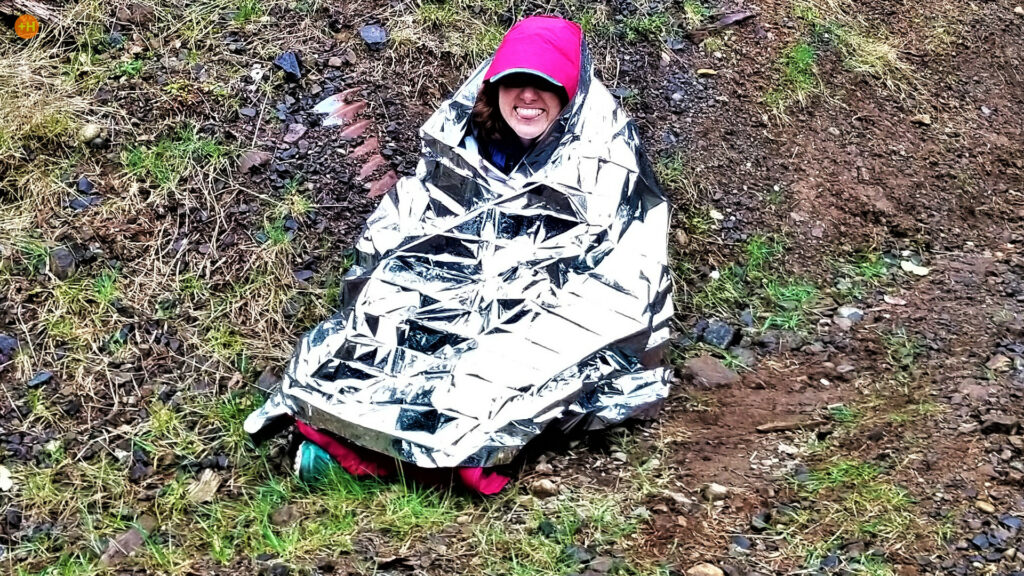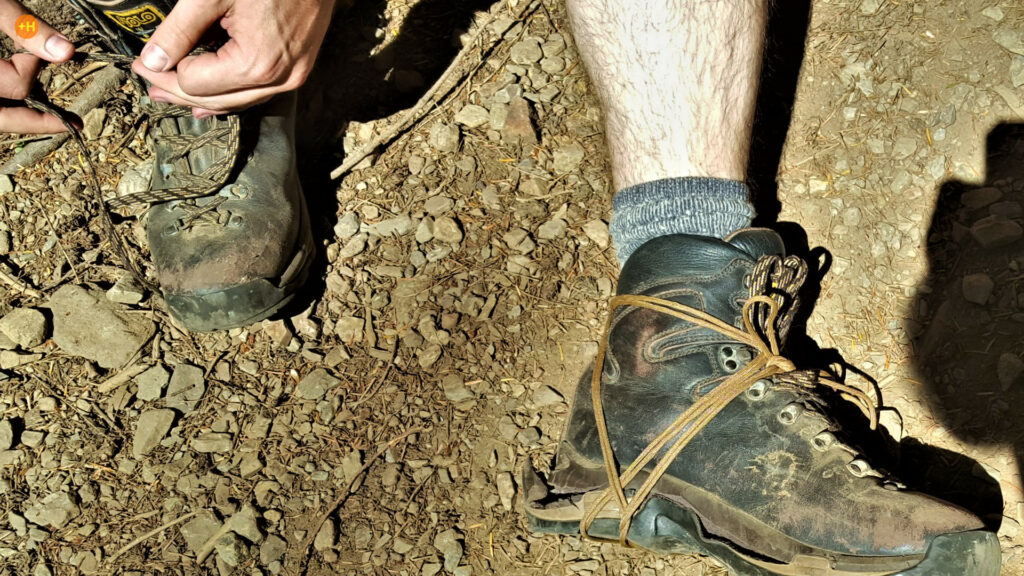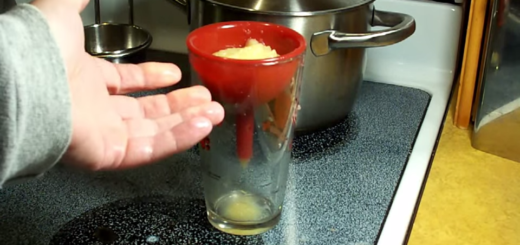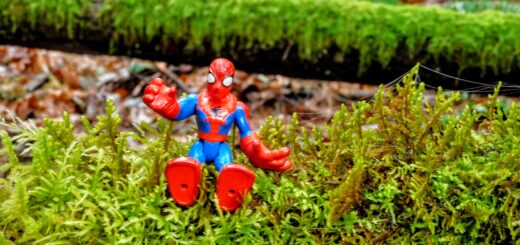lessons learned: be prepared
This post is part of the discussion series titled The Path to Healthy Living Through the Great Outdoors. The point of these topics is not for just me to just share them and move on, but rather to foster some discussion on these ideas and how they apply in "your" life. We're not sitting around the same table, but we can still have a discussion. Just leave your own thoughts in the comments below, or send them to me privately if you prefer. You'll find a complete list of all the topics at the end of this post.
Be prepared for things to not go as planned
You’ve likely heard the phrase, hope for the best but prepare for the worst, at some point. Or at least something similar. That’s sort of what I’m getting at here. Planning down to the smallest detail is great, but this is life, and life just doesn’t always follow a plan.

When it comes to hiking, being prepared for the worst starts with what’s typically referred to as the 10 essentials. It is basically things like food, water, extra clothes, first aid, a way to see in the dark, etc. At some point I may do an actual outdoors related post with info on the 10 essentials, but for now you can get a nice list courtesy of REI. They talk about how you customize it to your needs and provide a great starting point.
When it comes to life as a post-op, we have our own list of essentials. Like the outdoor list from REI, you will want to customize it a bit, but there are things you really need to get in the habit of having at hand at all times. Things like protein based snacks, a water bottle, your supplements, etc., because things happen.
What if you find yourself having to work late at the last minute? Do you have healthy snacks stashed in your desk so you won’t be tempted to hit the vending machine to tide you over? Or what if you made a great tasting, healthy lunch, and get to work only to discover you left it sitting there on the counter, at home?
Or what about if you are out and about and find yourself getting hit with dumping, or maybe a hypoglycemic reaction? Are you prepared to handle that? Even if you don’t have some protein on you, are you able to let someone know what it is you need so they can help? If you have a plan, and practice that plan, you will be prepared for when the unexpected happens.
It’s like taking first aid training. I’ve had various first aid certifications over the years, starting back when I was in Scouts. I’ve rarely ever had to make use of it, but it’s there when I need it.
A prime example of this is shown by the first image. Four of us were on a hike in Capitol State Forest. It has trails that criss-cross various forest roads. We were 5 miles in on what was to be about an 8 mile hike when one of our party tripped on a rock and in trying to catch herself, injured her arm. The first aid training kicked in. We did a quick assessment, it didn’t seem broken, but she was in a lot of pain. We used a spare shirt to make a sling and to help keep it immobile while coming up with what to do next. We were fortunate, we had just crossed a forest road a couple hundred yards back, so while two of us quickly headed back to the road and took a short-cut back to the car, the third friend helped our injured friend back to the trail at a comfortable pace that she could handle while injured, used some emergency blankets we were carrying to help keep her warm and they waited for us to return.
I managed to get a smile out of her as we drove up by commenting that she looked like a baked potato, sitting there waiting for us. FYI, it turned out to be a dislocated elbow, and after months of physical therapy she did regain nearly 100% of her range of motion.

Another, not so extreme example. Some friends and I were on our way down from Mailbox Peak (I mention this one again later) when we came across a gentleman sitting on the side of the trail. His boots were in rough shape, including one where the entire back half of the sole had come unattached. He was just relaxing (in the summer heat mind you), a bit over a mile from the trailhead, waiting for his friends to return from the peak. The busted boot was making it tough to really walk quickly and he was taking frequent breaks. It was too rocky to try and go barefoot, but we came up with a plan. I offered up some paracord and I was able to help him lash the heel of the boot in place so he could at least walk back to the trailhead without too much difficulty.
Slight confession here: I usually also pack some duct tape, which would have made the fix much easier, but in switching between packs I had neglected to put it back on the one I was using this particular day. Our back-up plans don’t have to be perfect, but something is better than nothing at all.
This following is the complete list of topics that make up The Path to Healthy Living Through the Great Outdoors discussion topics. While these topics are listed as a sort of progression, they can be viewed/discussed in any order. Titles will get an active link as they are posted.
- an idea born in nature (introduction)
- have a plan
- be prepared
- choose your own path
- it's not a straight line
- stay on the trail
- it's ok to stray at times
- keep trying
- take another look around
- push your limits
- never forget
- put it all behind you
- it's not the destination
- share your journey
- just get out there




